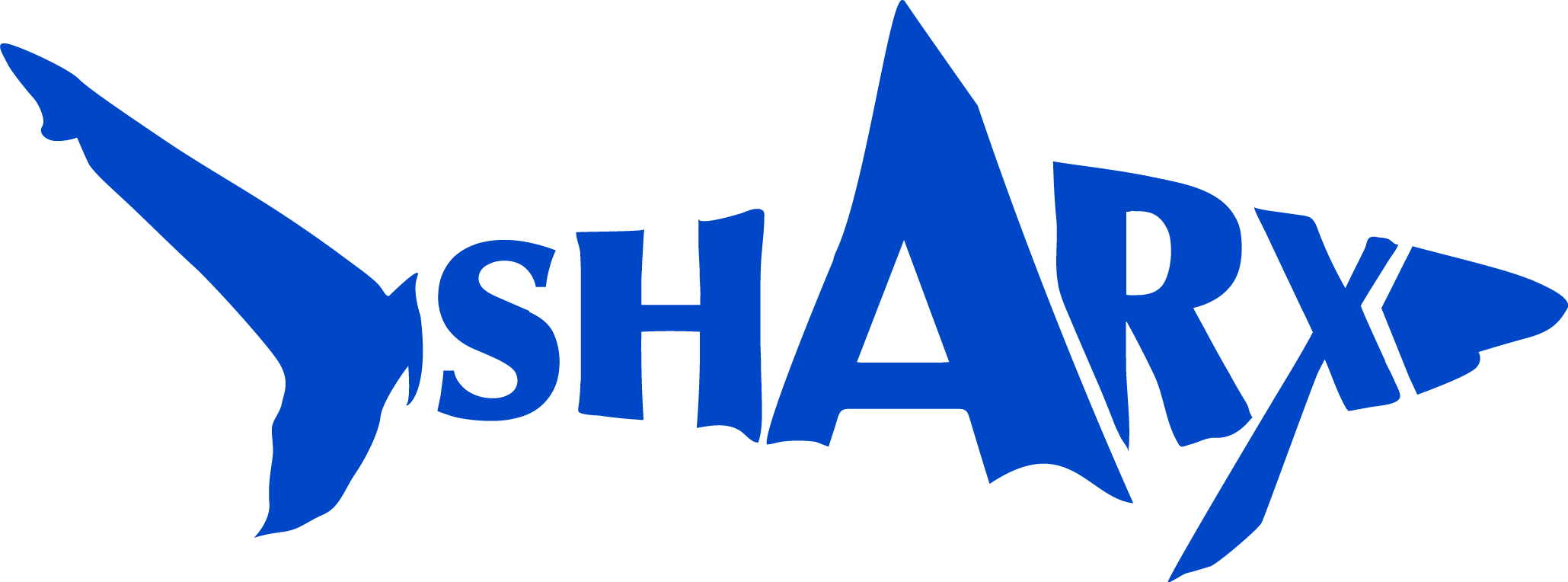Beyond Compliance: How SHARx Strengthens Fiduciary Integrity Under ERISA
By
If you have employer-sponsored health insurance or a 401(k), there’s a massive piece of federal legislation quietly working behind the scenes to protect your interests: the Employee Retirement Income Security Act of 1974 (ERISA).
More than just a bureaucratic acronym, ERISA is the legal foundation for most private-sector benefits. It sets the minimum standards that employers must follow, ensuring plan managers act responsibly and that you get the benefits you’ve been promised.

Here is a closer look at what ERISA is, who it covers, and how specialized benefit solutions like SHARx align with its core principles.
What Exactly Does ERISA Do?
In the simplest terms, ERISA is a consumer protection law for employee benefits. It was enacted to combat widespread mismanagement and abuse of pension funds in the years before 1974.
ERISA’s main goals are achieved through three core requirements:
- Transparency and Disclosure: Plans must provide clear, written information to all participants, including a Summary Plan Description (SPD), which explains how the plan works, what benefits are offered, and how to file a claim.
- Fiduciary Responsibility: Anyone who manages or controls plan assets (a “fiduciary”) must act solely in the interest of the participants and beneficiaries. This is a high legal standard requiring prudence and a duty to pay only reasonable expenses.
- Minimum Standards: The law sets rules for:
- Vesting: How quickly an employee gains a non-forfeitable right to their retirement benefits.
- Funding: Ensuring retirement plans have enough money to pay promised benefits.
- Claims and Appeals: Requiring a fair and timely process for employees to appeal a denied benefit claim.
Who Qualifies for ERISA Protection?
ERISA has broad reach, but it does have specific boundaries.
ERISA Generally Covers:
- Employees of Private-Sector Companies: This includes individuals working for for-profit corporations, LLCs, sole proprietorships, and most non-profit organizations that offer benefits. There is no minimum number of employees required for an employer to be subject to the law.
- Most Employer-Sponsored Plans:
- Retirement Plans: Defined contribution plans (like 401(k)s) and defined benefit plans (pensions).
- Welfare Plans: Health, dental, vision, life insurance, and long-term disability plans.
ERISA Generally Does NOT Cover:
- Plans established or maintained by governmental entities (federal, state, or local).
- Plans established or maintained by churches.
- Plans that exist solely to comply with laws like workers’ compensation, unemployment, or disability insurance.
If you work for a private company and are enrolled in its benefits, you are very likely protected by ERISA’s minimum standards and disclosure requirements.

The Critical Role of PBM Transparency in Fiduciary Duty
For an employer-sponsored health plan, the plan sponsor (the company) is the ERISA Fiduciary. This duty is the highest standard of care under the law, requiring the company to act solely in the interest of participants and to ensure that all plan expenses are reasonable.
This is why the choice of your Pharmacy Benefit Manager (PBM) is more critical than ever, especially in light of recent regulations and increasing litigation regarding prescription drug costs.
Why Transparency is Essential for ERISA Compliance:
- Mitigating Fiduciary Liability: Opaque contracts, often used by traditional PBMs, can hide complex pricing models like spread pricing (charging the plan more than they pay the pharmacy) and the retention of manufacturer rebates. If a PBM’s practices are driving up costs without providing a corresponding benefit, the employer—the ERISA Fiduciary—can be sued by employees for failing to act prudently and in their best interest.
- Ensuring “Reasonable” Costs: ERISA requires fiduciaries to ensure that compensation paid to all third-party service providers is reasonable. Without a fully transparent, “pass-through” PBM model, an employer cannot verify the true cost of drugs or administrative fees, making it impossible to demonstrate that they are fulfilling their duty to manage costs prudently.
- Compliance with New Federal Laws: Recent legislative efforts, such as the Consolidated Appropriations Act (CAA), have heightened transparency and disclosure requirements. Partnering with a PBM that aligns with these new standards—by clearly reporting all financial arrangements, discounts, and rebates—is essential for the plan sponsor to meet its mandated reporting obligations.
A transparent PBM operates on a predictable, administrative fee-based model, guaranteeing that all discounts and rebates flow directly back to the plan. This not only saves the plan money but, more importantly, provides the documentary evidence an employer needs to prove they are actively upholding their fiduciary obligations under ERISA.
How SHARx Maintains ERISA Compliance
In the world of employee benefits, particularly with self-funded health plans, employers often seek innovative solutions like SHARx to manage the skyrocketing cost of high-cost specialty and maintenance medications. For a third-party vendor to work with an ERISA-governed health plan, they must operate in a way that respects the employer’s fiduciary duties.
SHARx, a non-insurance solution that helps employees procure medications not covered by the health plan, aligns with ERISA principles primarily through the structure of its service agreement:
- Fiduciary Clarity: SHARx’s service agreements are typically structured to clearly designate the Client (the employer) as the official Plan Administrator and Named Fiduciary for ERISA purposes. This is crucial because ERISA dictates that the fiduciary is ultimately responsible for acting in the best interest of participants. SHARx, in this relationship, is explicitly defined as an independent contractor providing administrative services, not as a fiduciary, insurer, or underwriter.
- Plan Document Adherence: SHARx’s program works by ensuring the employer’s Plan Document appropriately indicates which medications are not covered. SHARx then sources through other avenues. This keeps the plan compliant because the plan’s actions are consistent with its written documents, a core ERISA mandate.
- Voluntary Participation: Enrollment in the SHARx program is voluntary for the employee. This maintains the ERISA-mandated principle that a participant’s benefits and decisions are their own.
- No Final Authority: Critically, the service agreement generally states that all final determinations regarding an enrollee’s entitlement to plan benefits—including any appeals of a denied claim—are made by the Client (the employer/fiduciary), not by SHARx. This protects the employer’s legal responsibility as the ERISA fiduciary.
Independent Legal Review:
To ensure SHARx’s structure and services operate fully within federal benefit laws, SHARx has undergone independent legal review by a national law firm specializing in ERISA compliance. Their analysis confirmed that the SHARx program (when properly integrated into a self-funded plan) meets the requirements of ERISA, the ACA, HIPAA, and other governing regulations.
By preserving clear legal roles, acting as a non-discretionary service provider, and operating under the umbrella of a self-funded plan’s ERISA-compliant documentation, SHARx helps employers integrate its cost-saving measures without jeopardizing their legal obligations under the Employee Retirement Income Security Act.

In Summary
ERISA sets the guardrails that keep employee benefit plans transparent, fair, and accountable. As employers face growing pressure to manage rising healthcare costs responsibly, SHARx offers a solution that meets both the letter and spirit of ERISA—helping plan sponsors act prudently, maintain fiduciary compliance, and deliver measurable value to their members.
By combining innovation with legal and fiduciary rigor, SHARx ensures that cost savings never come at the expense of compliance or participant protection.
